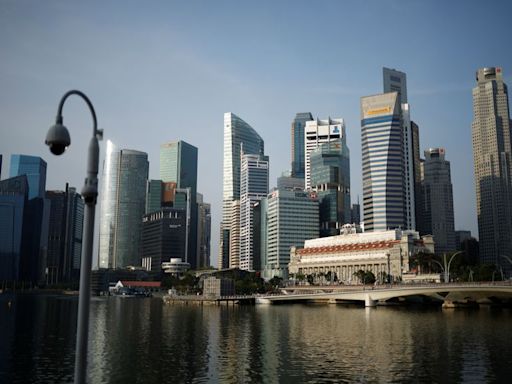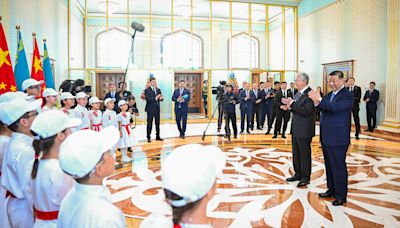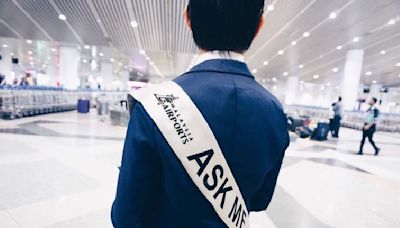Search results
Parliament of Singapore (PARL) The legislative power of Singapore is vested in the Legislature which consists of the President and Parliament. The Parliament of Singapore is unicameral.
You may view the list of current Members of Parliament here.
The Parliament of Singapore is the unicameral legislature of the Republic of Singapore, which governs the country alongside the president of Singapore.
Members of Cabinet are appointed from among the MPs by the President on the advice of the Prime Minister. The Prime Minister leads the Cabinet in the administration of the Government. The Cabinet is responsible for all Government policies and the day-to-day administration of the affairs of the State.
There are 31 constituencies in Singapore, comprising 14 single-member constituencies (SMCs) and 17 group representation constituencies (GRCs). This section allows you to find out which constituency a residential address falls under. You will also find the list of MP (s) for that constituency.
Functions of Parliament. The Government in Singapore is modelled after the Westminster system, with 3 separate branches: the Legislature (which comprises the President and Parliament), the Executive (which comprises Cabinet Ministers and office-holders, and is led by the Prime minister) and the Judiciary.
BILLS INTRODUCED. A Bill is a draft law. It becomes an Act of Parliament after it has been passed by Parliament and received the President’s assent. Browse or search the Bills introduced in Parliament and read their full text here.
Members of Parliament (MPs) consist of elected, non-constituency and nominated Members. The majority of MPs are elected into Parliament at a General Election on a first-past-the-post basis and represent either Single Member Constituencies (SMCs) or Group Representation Constituencies (GRCs).
The functions of Parliament include making laws, taking up a critical/inquisitorial role to check on the actions and policies of the Government and scrutinising the State's finances.
The Parliament of Singapore can meet at any time of the year. The date of the meeting or sitting can be specifically named by Parliament upon its adjournment or, if no date is fixed, called by the Speaker.




